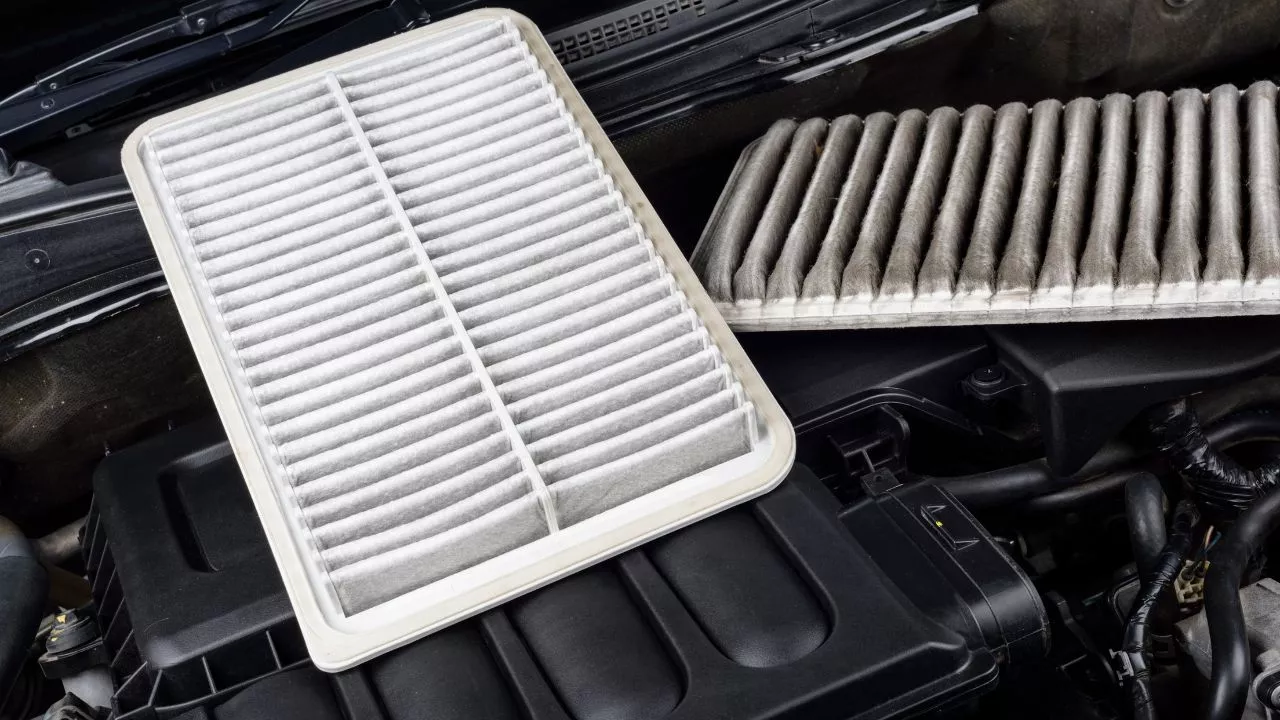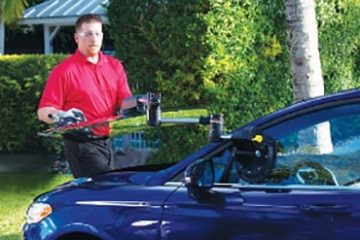Maintaining your vehicle is essential for its longevity and performance, and one of the most overlooked components is the air filter. Having a clean air filter not only improves engine performance but also enhances fuel efficiency. If you’re in the market for a new car air filter, this article will provide ten simple tips to guide you through the process.
1. Understand the Importance of Air Filters
Before you make a purchase, you need to understand why air filters are important. The air filter prevents dirt, debris, and other contaminants from entering the engine, ensuring that it operates smoothly. A clogged air filter can reduce engine efficiency, increase emissions, and decrease fuel economy. Knowing this will help you appreciate the value of investing in a quality filter.
2. Know Your Vehicle’s Specifications
Different vehicles need different air filters, so it’s important to find the right one for your car. A great place to start is your owner’s manual, which will tell you exactly what type and size of air filter you need for your specific make and model. If you don’t have the manual handy, many auto parts stores and websites let you enter your car’s details, like the year and model, to help you find the correct filter.
Doing this step is really important because getting the wrong air filter can cause problems. This might not fit properly, which could hurt your engine’s performance. Taking a little time to ensure you get the right filter will save you a lot of hassle down the road. Plus, this will help keep your car running smoothly.
3. Consider the Type of Filter
Air filters come in several types, including paper, foam, and cotton gauze. Paper filters are disposable and are the most common, while foam and cotton filters are reusable and can often be washed. Research the pros and cons of each type to determine which best suits your driving habits and maintenance preferences.
4. Choose Between OEM and Aftermarket Filters
You’ll have the option of purchasing Original Equipment Manufacturer (OEM) filters or aftermarket filters. OEM filters are made by the manufacturer of your vehicle and often come with a higher price tag, but these guarantee a perfect fit and optimal performance.
On the other hand, aftermarket filters can be more affordable and may offer better performance, but quality can vary widely. That’s why, you need to be sure to read reviews and research brands to find a reliable aftermarket option if you choose this route.
5. Check for Compatibility
When you’re ready to Buy Car Air Filters, you need to make sure that the air filter you purchase is the right one for your specific vehicle. Many manufacturers clearly label the products to show which cars fit, so be sure to check the packaging or the product page online. If you’re shopping online, look for search tools that let you enter your car’s year, make, and model.
As a result, this will help you find the perfect match more easily. Taking these simple steps can save you time and frustration, and it helps ensure your engine stays healthy and runs smoothly! You don’t want to end up with the wrong part, so being careful now will pay off later.
6. Look for Quality Brands
Not all air filters are created equal. Research reputable brands known for quality and performance. You have nothing to worry about because there is a lot of high quality with a reputation for producing high-quality filters. Take note that you also need to read user reviews and expert recommendations can also guide you in choosing a filter that will provide the best performance and durability.
7. Evaluate Maintenance Requirements
Keep in mind that if you choose for a reusable air filter, keep in mind that these require regular cleaning and maintenance. Check the manufacturer’s instructions for cleaning intervals and methods. If you prefer lower maintenance, disposable filters might be a better option. In addition to that, you must weigh your preference for convenience against the benefits of a reusable option.
8. See for Warranty Information
Having a warranty can give you peace of mind when you’re buying an air filter. A warranty means that if there’s a problem with the filter, like a defect in the materials or how it was made, the manufacturer will take care of it. Many trustworthy companies offer these warranties, so it’s a good sign that the company believes in the quality of its own products.
Once you have decided to make your purchase, take a moment to read the warranty details. This way, you’ll know what’s covered and how long you’re protected. Plus, a solid warranty often shows that the company stands behind what these retailers sell, which can make you feel more confident in your choice. So, checking for a warranty isn’t just smart; this is a simple way to protect your investment.
9. Compare Prices
Bear in mind that air filters can vary significantly in price depending on the brand and type. Take the time to compare prices across different retailers—both online and brick-and-mortar stores. While staying within your budget is very important, remember that the cheapest option isn’t always the best. So, look for a balance between quality and affordability.
10. Pay Attention to Replacement Intervals
Lastly, be aware of how often you need to replace your air filter. Generally, you need to change your air filter every 12,000 to 15,000 miles, but this can vary based on driving conditions. If you frequently drive in dusty environments or stop-and-go traffic, you may need to replace it more often. Keeping track of your filter’s condition will help maintain your vehicle’s performance over time.
Smart Air Filter Choices for a Lasting Engine!
Buying a car air filter may seem like a simple task, but being informed can make a significant difference in your vehicle’s performance and longevity. By following these ten tips, you can make a smart purchase that keeps your engine running smoothly. Regularly changing your air filter is an easy step that saves your money in the long run.



